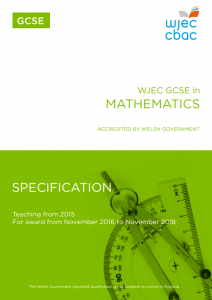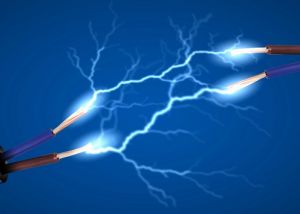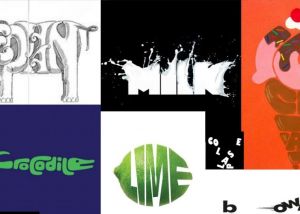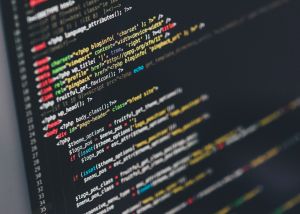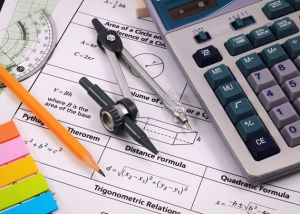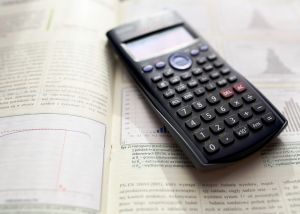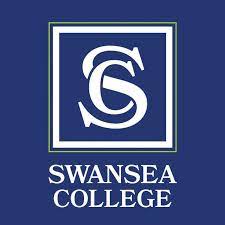Project Description
GCSE Mathematics – Numeracy Course
Exam board: WJEC
Exam code: 3310PH
GCSE Mathematics – Numeracy will build on and progress from the levels of numeracy expected at the end of Key Stage 3 through the Literacy and Numeracy Framework and will assess the mathematics that learners will need in their everyday lives, in the world of work, and in other general curriculum areas.
This course will encourage learners to be inspired, moved and challenged by following a broad, coherent, satisfying and worthwhile course of study. It will help learners to develop confidence in, and a positive attitude towards, mathematics and to recognise the importance and relevance of mathematics to their everyday lives and to society
The GCSE specification in Mathematics – Numeracy will enable learners to:
- develop knowledge, skills and understanding of mathematical and statistical methods, techniques and concepts required for everyday life, in the world of work, and in other general curriculum areas
- select and apply appropriate mathematics and statistics in everyday situations and contexts from the real world use mathematics to represent, analyse and interpret information
- acquire and use strategies for problem-solving and modelling in context
- understand that models may need refining and that there may be more than one way to solve a problem
- interpret mathematical results and draw and justify conclusions that are relevant to the context
- communicate mathematical information in a variety of forms.
Curriculum
- The Maths GCSE course comprises 13 modules.
- The following modules need to be studied by all students.
Foundation Modules
- Module 1 – Numbers
- Module 2 – Money
- Module 3 – Measurement
- Module 4 – Basic Algebra
- Module 5 – Basic Trigonometry and Vectors
- Module 6 – Basic Geometry
- Module 7 – Further Geometry
- Module 8 – Probability and Statistics
The following modules are only studied by those aiming for the Intermediate/Higher tiers.
- Module 9 – Further Numbers and Equations
- Module 10 – Higher Algebra Topics
- Module 11 – Further Geometry and Trigonometry
- Module 12 – Further Probability and Statistics
- Module 13 – The examination
Assessment
The Maths – Numeracy GCSE syllabus has three tiers, Foundation, Intermediate and Higher. The Foundation level allows students to achieve grades between D and G, the Intermediate tier allows students to achieve grades between B and E and the Higher tier allows students to achieve grades A* and C.
This is a linear qualification in which all assessments must be taken at the end of the course. Assessment opportunities will be available in the summer and November series each year, until the end of the life of this specification. November 2016 will be the first assessment opportunity. A qualification may be taken more than once. Candidates must resit all examination units in the same series.
- WJEC GCSE Mathematics – Numeracy (Foundation Tier) – 3310PF
- WJEC GCSE Mathematics – Numeracy (Intermediate Tier) – 3310PN
- WJEC GCSE Mathematics – Numeracy (Higher Tier) – 3310PH
Unit 1 – Non-Calculator
Written Examination
Higher – I hour 45 minutes (80 marks)
Intermediate -1 hour 45 Minutes (80 marks)
50% of qualification
The written paper for each tier will comprise a number of short and long, both structured and unstructured questions which may be set on any part of the subject content of the specification.
Candidates entered for GCSE Mathematics will be expected to be familiar with the knowledge, skills and understanding implicit in GCSE Mathematics – Numeracy.
Questions may be set on topics that are explicitly listed in the content of GCSE Mathematics – Numeracy.
Some questions will use multiple-choice assessment.
A calculator will not be allowed in this paper.
Unit 2 – Calculator allowed
Written Examination
Higher – I hour 45 minutes (80 marks)
Intermediate -1 hour 45 Minutes (80 marks)
50% of qualification
The written paper for each tier will comprise a number of short and long, both structured and unstructured questions which may be set on any part of the subject content of the specification.
Candidates entered for GCSE Mathematics will be expected to be familiar with the knowledge, skills and understanding implicit in GCSE Mathematics – Numeracy.
Questions may be set on topics that are explicitly listed in the content of GCSE Mathematics – Numeracy.
Some questions will use multiple-choice assessment.
A calculator will be allowed in this paper.
Access Arrangements
Access Arrangements allow candidates/learners with special educational needs, disabilities or temporary injuries to access the assessment without changing the demands of the assessment.
For example, readers, scribes and Braille question papers. In this way, Awarding Bodies will comply with the duty of the Equality Act 2010 to make ‘reasonable adjustments’.
We can arrange access arrangements and assess you with our special assessor. The deadline for application to the exam board is the February of the year the learner sits exams.
To find out more about exam access arrangements click here
FAQs
SWANSEA COLLEGE GCSE COURSES
Have a question? Ask our virtual assistant on live chat below
or call us on 01792 535000 and speak to our experienced Student Adviser.

